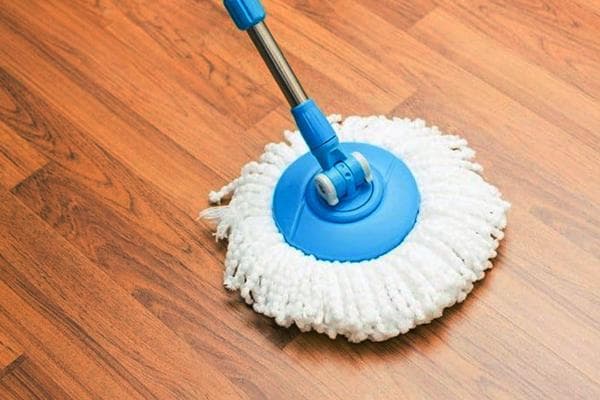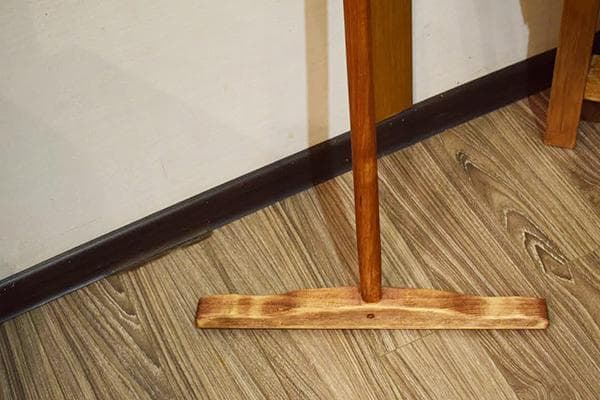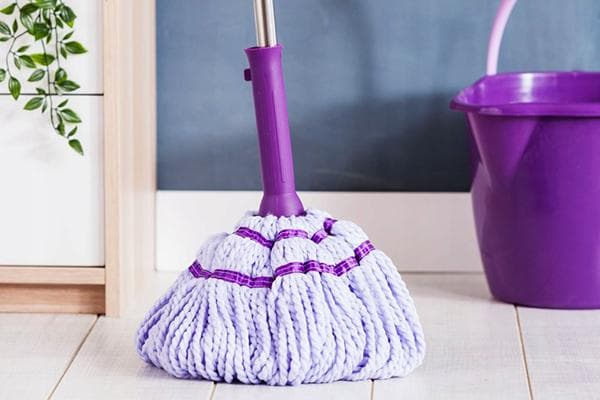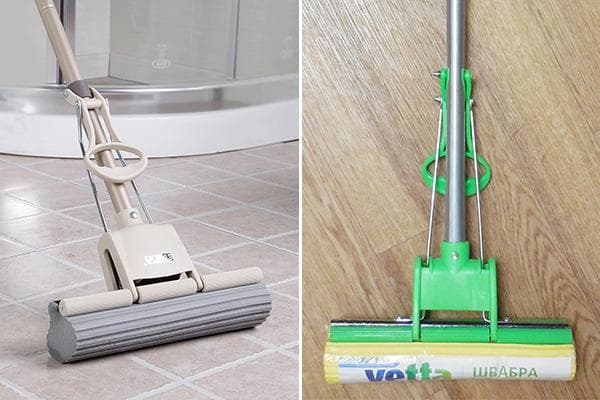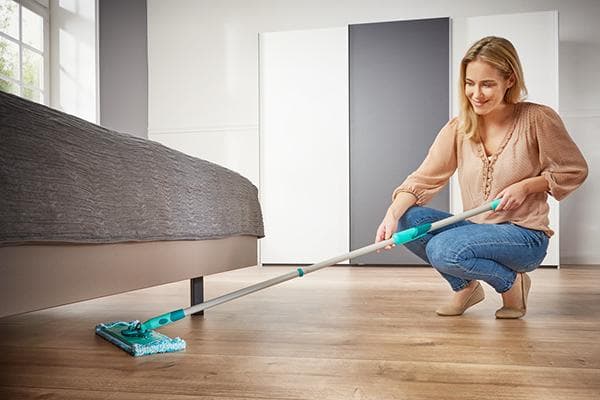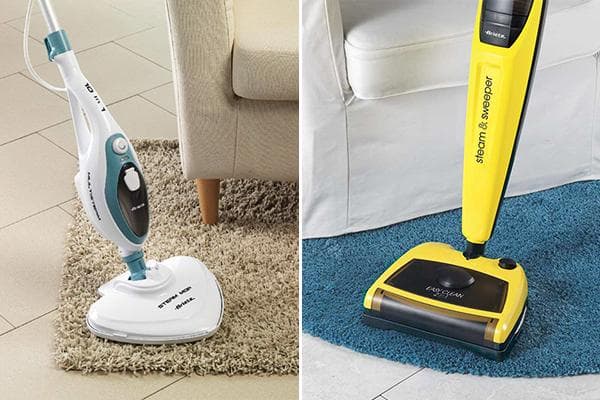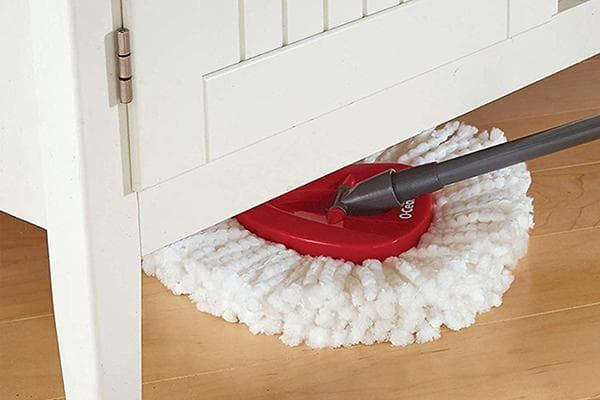What is the best way to wash the floor - with your hands or with a mop: a search for arguments and a review of modern gadgets for wet cleaning
Washing floors without a mop was welcomed in Soviet times and was considered a sign of a hardworking, clean housewife. The mop was even nicknamed “lazy,” as if hinting that those who use it clearly lack the will to put their home in order. But times have changed, and with them customs. Nowadays you rarely see a woman who washes floors with her hands. Moreover, the wooden mop has almost turned into a museum exhibit, and modern, ergonomic and practical devices are used to restore cleanliness. However, many readers are interested in the question: does the quality of floor cleaning suffer? Perhaps it’s better to do it the old fashioned way, armed with a bucket, rags and your own physical strength?
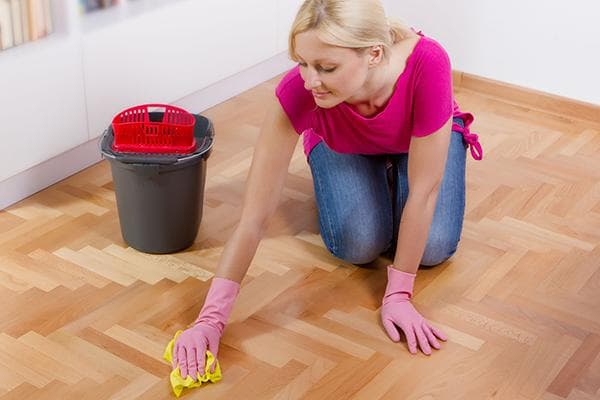
Washing the floor by hand
About 40 years ago, cleaning a floor by hand was not as difficult as it is now. If only because most of the population huddled in tiny Khrushchev-era apartments, dormitories and communal apartments, where the number of square meters per family was limited to a few dozen. Now there is an average of 20 m per inhabitant2, and this is only taking into account residential premises (without a corridor, kitchen, bathrooms, balcony and storage room).
Preferring the “manual” method of wet cleaning, women also proceeded from practical considerations:
- Firstly, in those days there were no powerful vacuum cleaners capable of completely collecting dust.When sweeping with a broom, I had to leave a lot of small debris and dirt on the floor, which at first glance were invisible to the eye, but when they hit the rag they immediately became visible. Hand washing made it possible to control the degree of contamination of the rags much more accurately and not “smear the dirt.”
- Secondly, painted wood floors were popular. They were not made from perfectly smooth boards, so more dust collected at the joints. It was difficult to clean it by simply wiping the floor with a mop - you had to take the rag in your hands.
- Thirdly, the only mop known at that time - made of two sticks fastened in the shape of the letter "T" - was not possible to clean the space under cabinets, beds and other low furniture.
Nowadays, it makes sense to wash the floor by hand only in one case - when you need to wipe off strong local dirt (for example, to clean up spilled jam).
Mop to protect cleanliness
Professional cleaners never wash the floor by hand and, nevertheless, achieve perfect cleanliness. The secret is simple - they select a mop according to the degree of dirt and the type of floor covering. These same parameters should be followed when buying a mop for home use.
Wooden
It is found less and less often in homes, as it is being replaced by modern cleaning gadgets. Suitable for cleaning wooden floors, tiles and linoleum. It is not worth using it on parquet and laminate flooring - poorly wrung out rags leave a lot of moisture, which causes these floor coverings to deteriorate.
Rope
It consists of two parts - a handle, which can be made of any material, and an attachment in the form of many ropes or ribbons connected to each other in the middle. As a rule, a special bucket with a squeezing device is purchased with it. Suitable for all types of floors that are not afraid of moisture.
With sponge attachment
Consists of an aluminum handle with a wringer lever and a sponge attachment. Before washing, the nozzle should be soaked in a bucket of water for 15–20 minutes. It collects wool well and does not splash water. Not recommended for parquet and laminate floors as there is a risk of scratching them.
With microfiber pad
This is currently the most popular type of mop. It consists of a handle, a rectangular platform and a special microfiber nozzle, which is attached to the platform with Velcro. Suitable for any floor coverings.
Since there are many models of such mops on the market, you can choose the most suitable design for the cost - with a mechanical spin, with a spray lever (when you press it, the nozzle is moistened with water that was previously poured into the compartment intended for this) or a conventional one - remove and rinse In this case, the nozzle must be applied manually.
Steam
Somewhat reminiscent of an upright vacuum cleaner. Allows you not only to carry out high-quality cleaning, but also to disinfect floors with steam. Suitable for all surfaces, including carpets, sofas and armchairs.
When mopping the floors, your back will not get tired, your arms and legs will not hurt. And you will also save time - your most precious resource.If you try to clean things manually, you will get the opposite effect - cleaning will take longer, and your body will rebel against unnatural physical activity. It cannot be said that the apartment will be cleaner after such a marathon under the motto “back to the past” - so is it worth putting in more effort to achieve a similar result?
